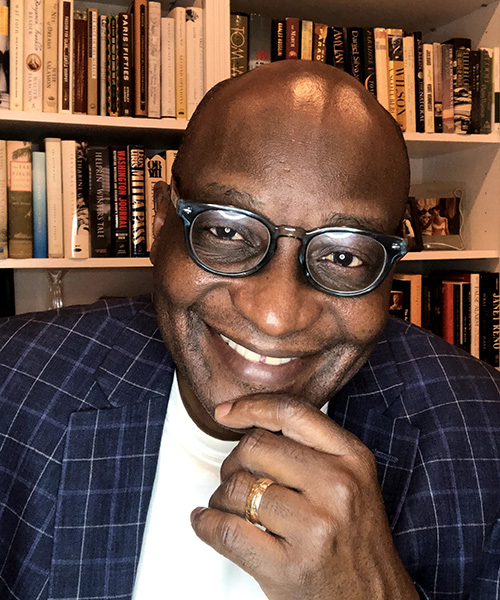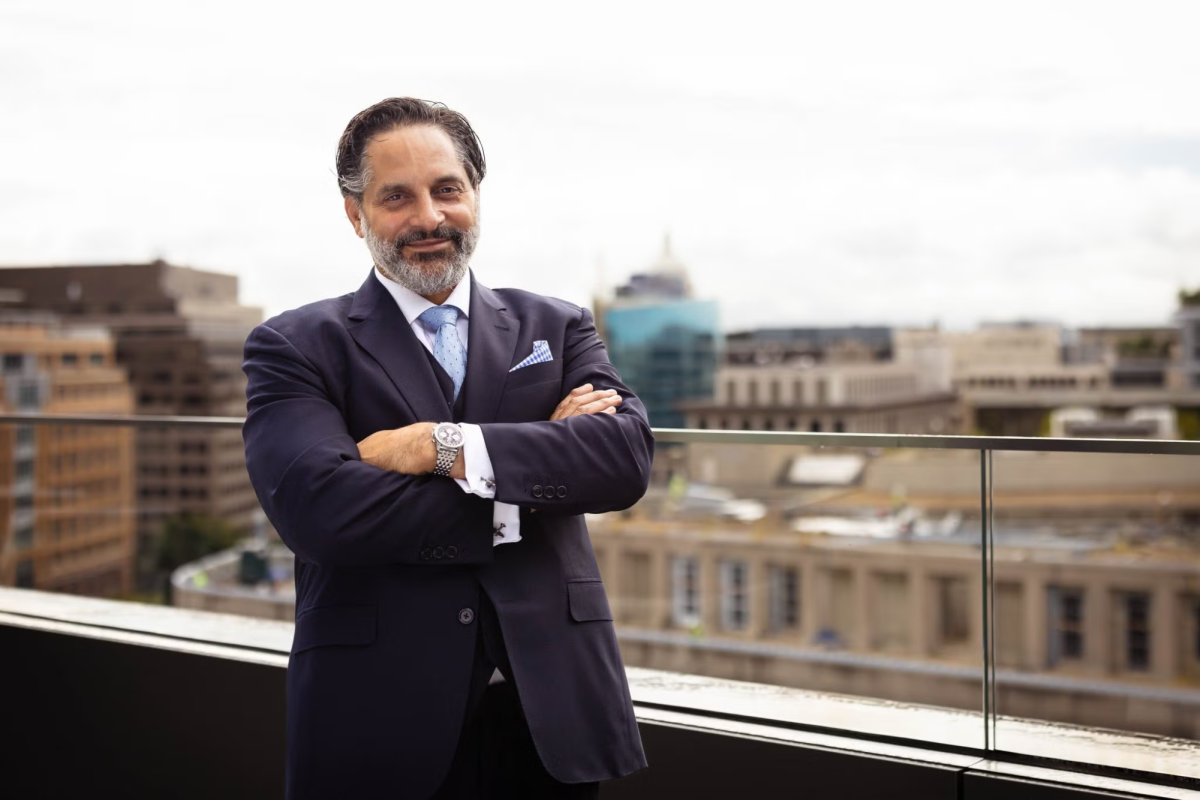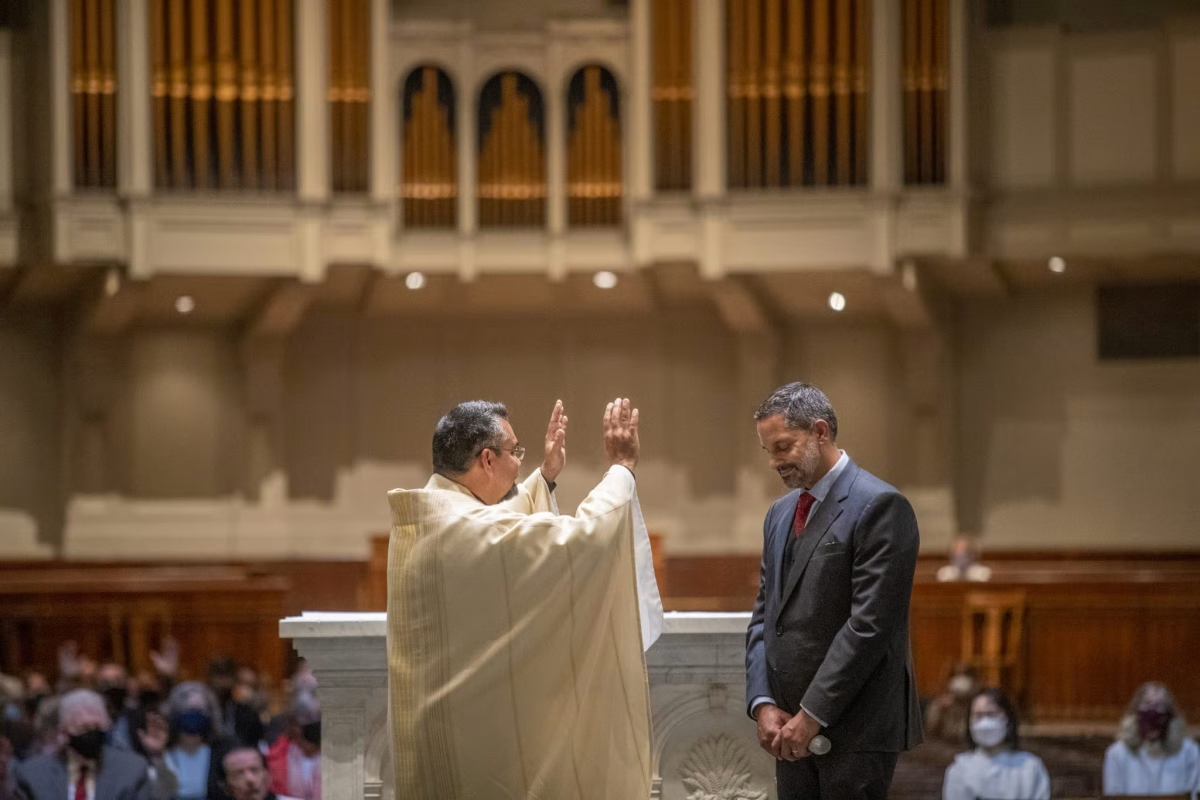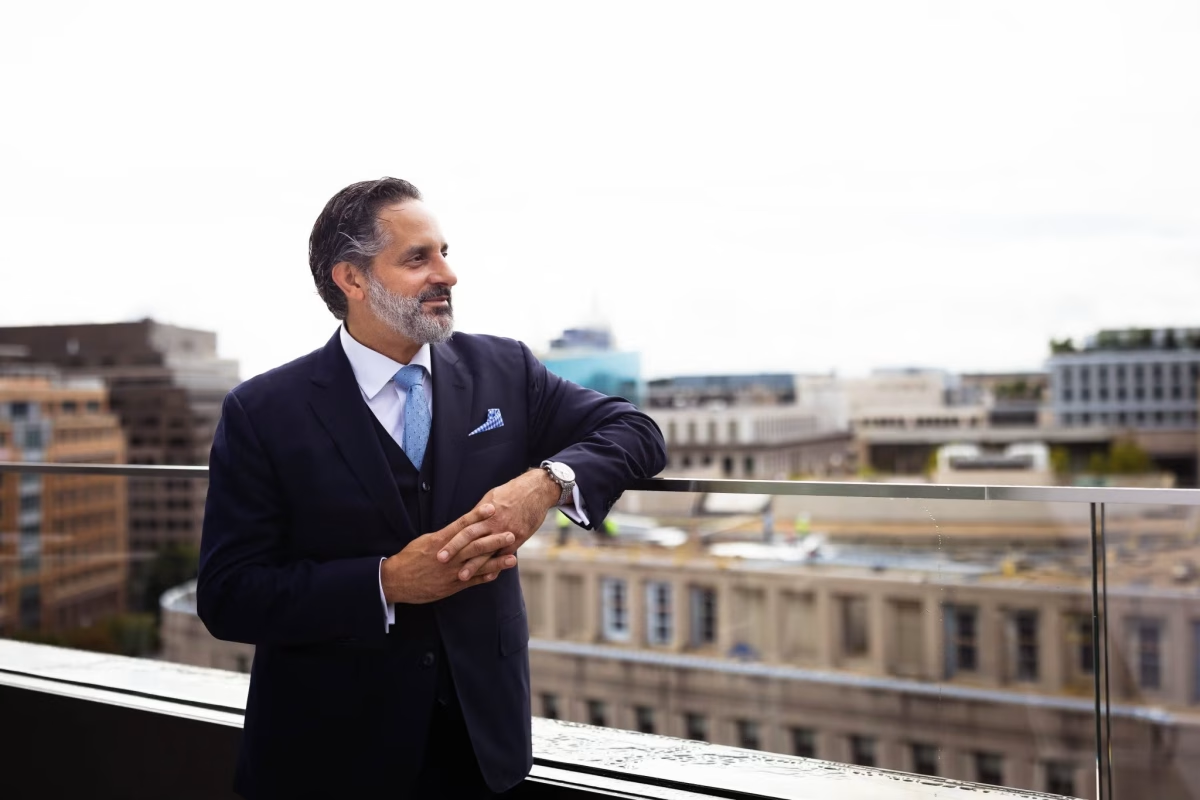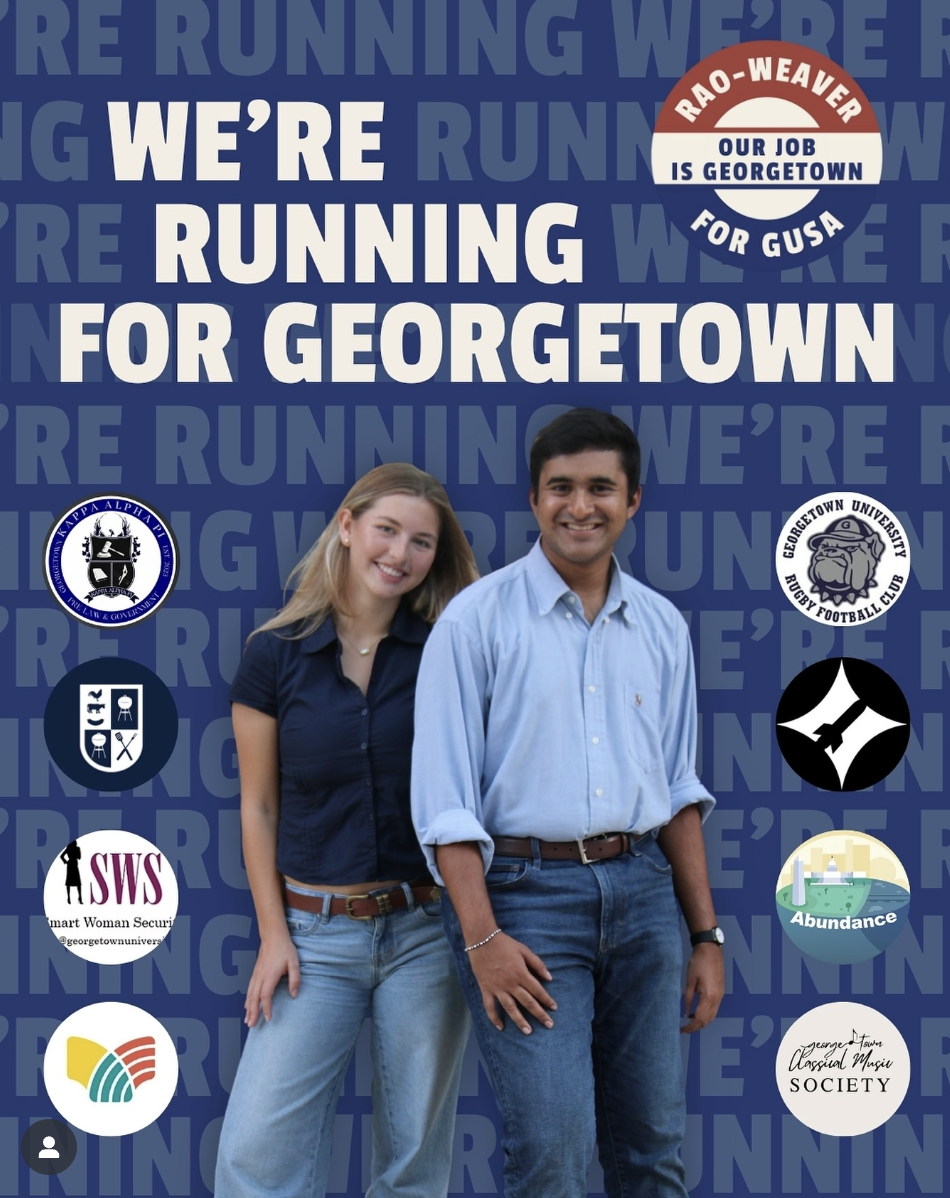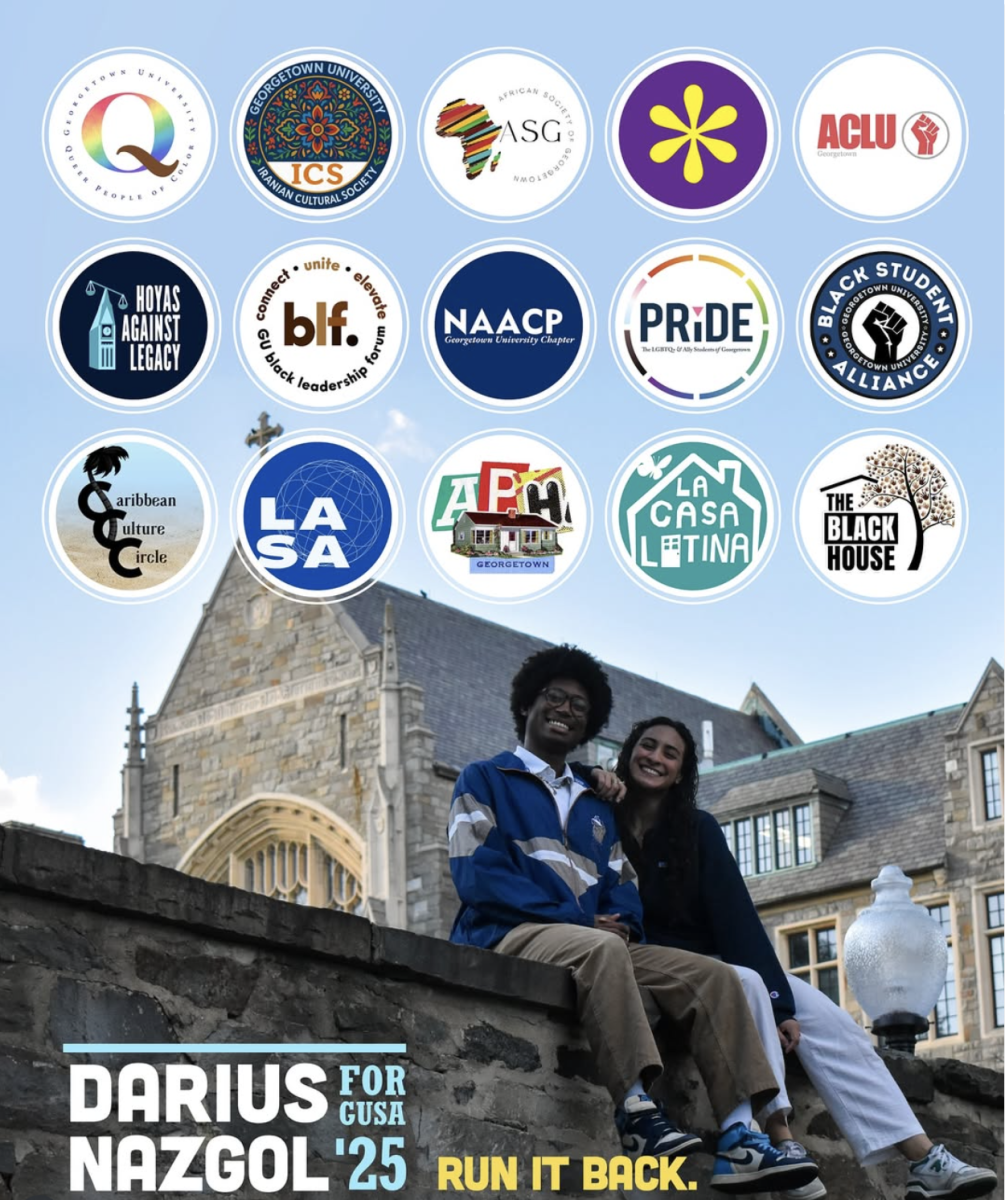Bloomberg Businessweek, a publication that focuses on global business and financial news, placed Georgetown University 22nd on its 2025 national ranking for full-time master of business administration (MBA) programs, one spot higher than the program’s 2024 rank.
Bloomberg measures MBA programs based on compensation, learning, networking, entrepreneurship and inclusion, emphasizing return on investment, the extent to which students’ fiscal investment in an MBA pays off in the job market. To rank programs, they collected survey responses from graduates, students and corporate recruiters, as well as post-graduation employment data.
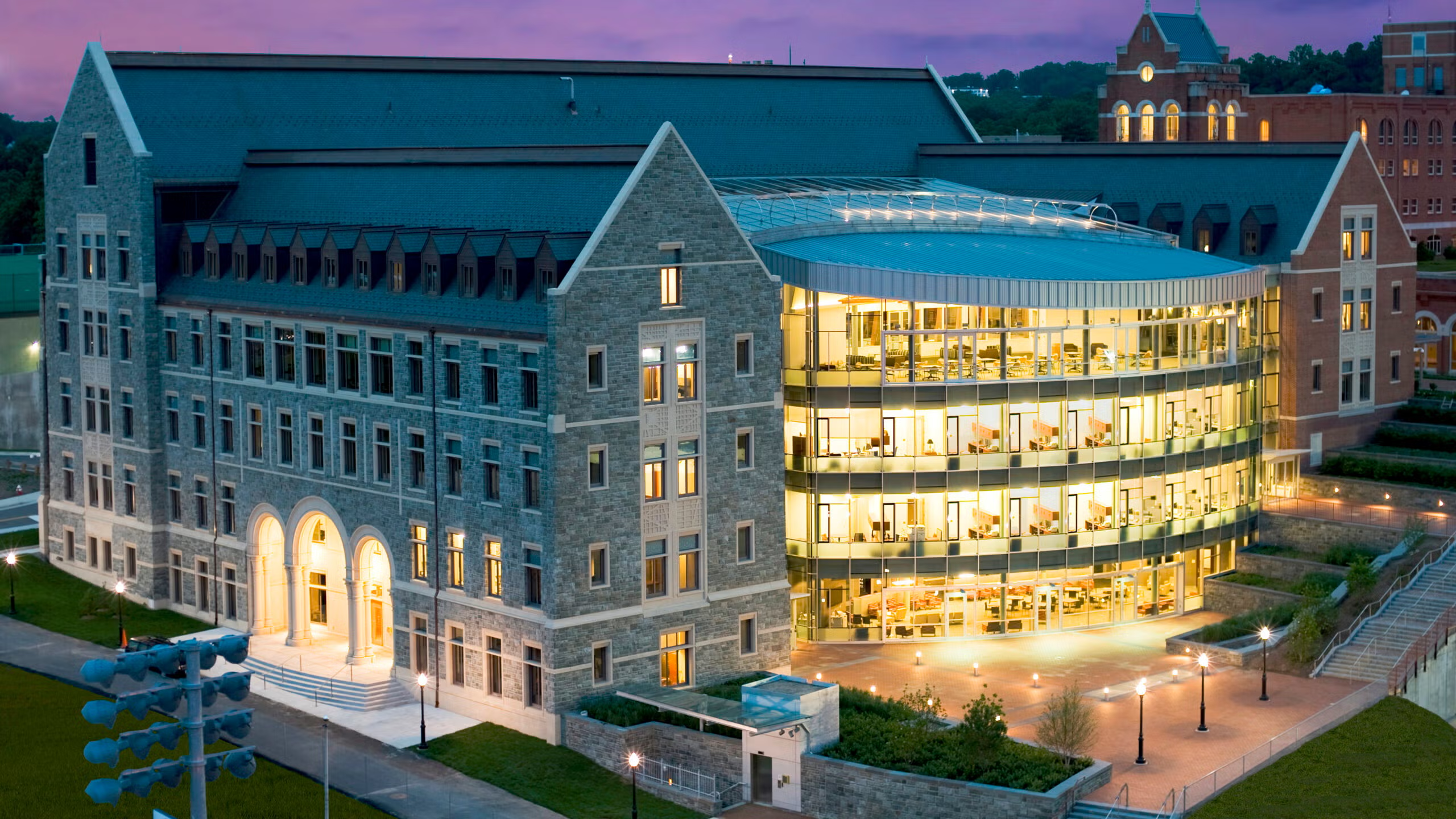
Sudipta Dasmohapatra, the senior associate dean of MBA programs, said the Bloomberg ranking affirms the program’s continued momentum and the value it delivers to students.
“Our advancement in the Bloomberg Businessweek ranking is a strong affirmation of the Georgetown MBA’s growing reputation and the exceptional outcomes our students achieve in their postgraduate careers,” Dasmohapatra wrote to The Hoya.
Lee Pinkowitz, an associate professor in the McDonough School of Business (MSB) and the associate director of the Georgetown Psaros Center for Financial Markets and Policy, said the rankings may not fully account for all aspects of the MBA program.
“Unfortunately, it’s really hard to measure certain things about an education,” Pinkowitz told The Hoya. “Like, how much did you learn? That’s not really measured, so they come up with these measurable proxies for it.”
Pinkowitz said that although the MBA curriculum is currently changing for the first time in several years, such changes may have been too recent to be accounted for by the rankings.
“The curriculum is undergoing change now,” Pinkowitz said. “The MBA curriculum has not changed in many, many years. Individual classes obviously have changed, but the structure has not changed in many years.”
Allison Koester, an associate professor of accounting in the MSB, said she recently made changes to her curriculum to include generative artificial intelligence (AI).
“With the increasing importance of understanding and using AI (including genAI) in the workplace and in our everyday lives, I have revamped my course to more thoroughly incorporate these types of technologies for how students access and engage with my course’s materials and topics,” Koester wrote to The Hoya.
Addressing the networking criterion, Pinkowitz said faculty members in the MSB help connect students to jobs and internship opportunities.
“I try to act as a bridge through my LinkedIn network of past students and try to connect current students,” Pinkowitz said. “I’m certain my colleagues do the same because everyone is committed to seeing Georgetown succeed and that means the alums also want to see students succeed.”
Christy Murray, the associate dean and managing director of the McDonough Career Center, said the MSB is committed to helping students translate their education into career opportunities.
“We aim to strengthen those bridges between the classroom and the workplace, giving students the support resources, and connections they need to secure internships and career paths that deliver both immediate impact and long-term success,” Murray wrote to The Hoya.
Pinkowitz said it is difficult to fit the MSB’s approach into rankings that prioritize the highest postgraduate salaries.
“The idea of the ethical nature of business, which Georgetown really pushes — does that fit into the rankings? Not necessarily,” Pinkowitz said. “Especially when you start talking about salaries, the rankings reward schools who put people in investment banking and consulting or tech, as opposed to nonprofits, NGOs, where the salaries might be lower.”
“I recognize the limitation in this, but I would really hope that the ranking agencies are doing their very best to come up with systems that are focused on the outcome of education, not just necessarily the salary outcome or jobs,” Pinkowitz added.
Koester said that while recognition in rankings is gratifying, her commitment to teaching and supporting students remains the same regardless of the school’s position.
“While I’m certainly pleased when rankings reflect faculty, staff and students’ commitment to these activities, neither the commitment to nor importance of these activities fluctuate like annual program rankings might,” Koester said.
Pinkowitz said Georgetown’s mission should continue emphasizing values that rankings might overlook.
“Our dean always says we want Georgetown students to be the best in the world, but also the best for the world,” Pinkowitz said. “The question is, is best for the world somewhere in those rankings? Because it sure should be.”





